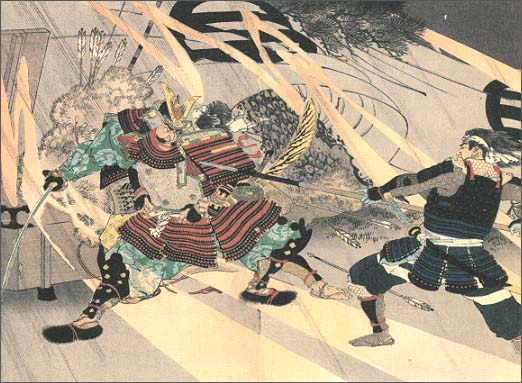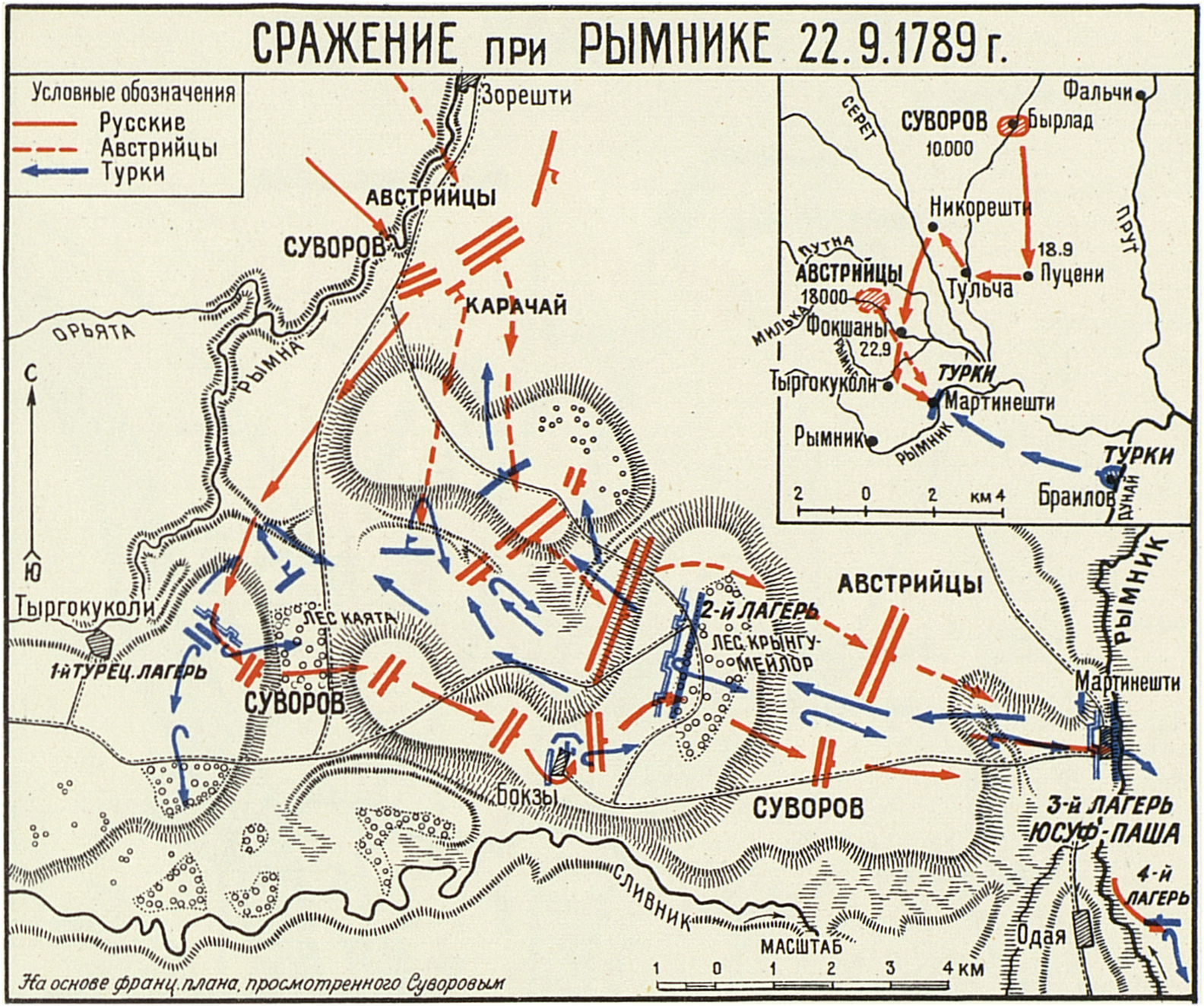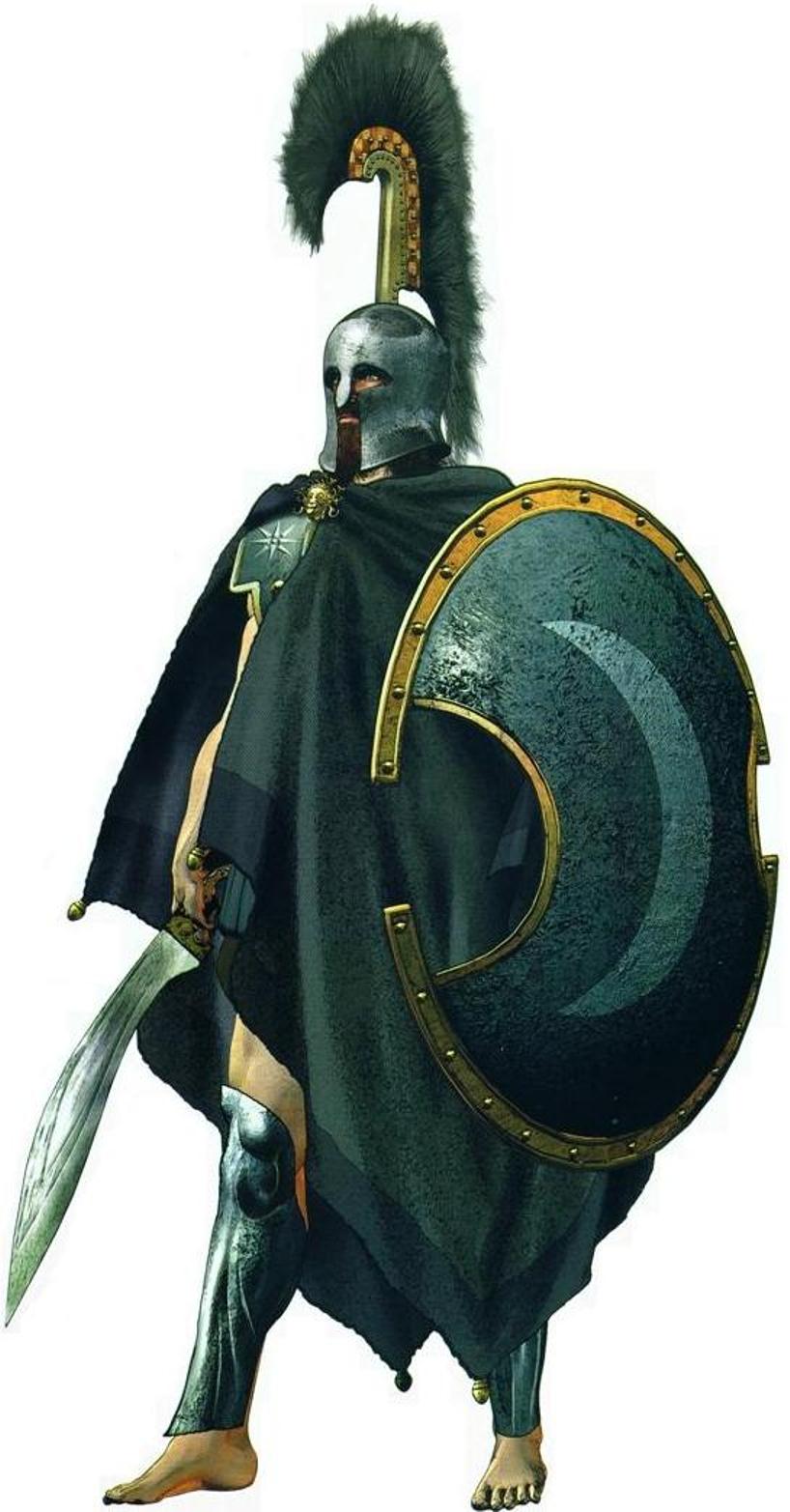I am really impressed by some of these historic battles that seem to go against any presumed outcome. One notable one which comes to mind is Oda Nobunaga's 2000 vs 25,000. Don't have the wiki link but its not hard to find. Then theres others, like this one which has a film made up about it. Really inspiring stuff, and more so since its based on historical fact and documented to a realistic degree. Memorable ones. Are there others that impress you from different eras? Got the wiki links? Maybe even if it ended in defeat, it would be notable and worth reading up on. 300 and all....
https://en.wikipedia.org/wiki/Battle_of_Myeongryang
https://en.wikipedia.org/wiki/Battle_of_Myeongryang
























